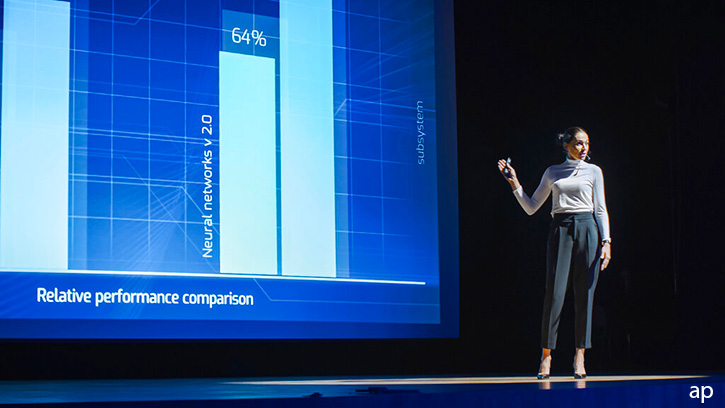
First published on PitchBook.com
For a sector that attracted around $2.4 billion of venture capital money in 2021, "femtech" continues to be plagued by misconceptions.
A recent conservation with a female founder, whose startup develops treatments for women’s health issues, illustrated this problem. The founder shared her experience of being told quite bluntly by one biotech venture capital (VC) firm during initial approach that they “didn’t really invest in femtech” – the implication being that the female aspect was a disqualifying factor.
It is an experience that may be familiar to some founders in the healthtech sector looking for solutions targeting women. The femtech label was designed to help promote startups with the goal of improving female health and well-being. Coined in 2016 by Ida Tin, co-founder of menstrual health app Clue, it refers to companies focused on the previously underserved area of female health, ranging from fertility to menopause.
Whatever the good intention may have been, the term has also created confusion. For example, it has been used to describe all technology catering to women. Even worse, some argue it has had an “othering” effect, in which femtech startups are not on equal footing with their peers in the broader healthtech and biotech industries. After all, the term “mentech” doesn’t exist. The consequence of this could be missed opportunities for founder and investor alike.
VC Activity in Femtech
When Tin introduced femtech, there had been little public discussion about female health in the tech world, particularly among male investors. In that respect, femtech served as a handy euphemism for discussing products, such as menstrual cups and smart breast pumps, about which some people may feel squeamish.
Indeed, PitchBook’s own data shows the amount venture capital invested in femtech startups – defined as startups focused on women’s health – has grown by 300% since 2016. With the recent slowdown, deals have dropped off, but activity seems stable. There are even a few femtech unicorns now, including Maven and Bellabeat.
Investors are clearly paying more attention to femtech and see the value in having dedicated companies for women’s health. Yet not everyone feels the femtech label is an unalloyed good.
Aside from othering, another concern is that pigeon-holing femtech startups also obfuscates the variety existing within the sector and the unique value proposition each startup holds. A company offering a menstruation tracker, for example, will have very different capital and operational needs than one developing a treatment for endometriosis.
The femtech tag covers a broad industry and hence an expansive opportunity. After all, women make up half of the world’s population, yet femtech accounts for a tiny percentage of global VC healthcare deals. The market for femtech is expected to surpass $100 billion by 2030, and given that these are still the early days, the potential for returns is huge. How many opportunities are being missed because of this label?
Othering or a Spotlight?
Yet for all the flaws, we’re not past the point of it being necessary.
Another founder I spoke with pointed out that the process whereby women’s health is given equal importance by investors is a gradual one. “Femtech” not only provides much-need visibility and representation in a male-dominated tech world, but it is also a means of measuring progress.
There is a deeper issue in VC that must be addressed for femtech startups to be on equal footing. VCs need to embrace gender diversity not just in the companies they choose to invest – female founders only accounted for 6.8% of deals in the US and 5.2% in Europe this year – but also in their own firms.
In Europe for example, only 15% of general partners (GPs) are female, according to a report from European Women in VC. If investors boost women’s voices among their own ranks, that can unlock more capital and operational support for startups in the female health space.
Hopefully, femtech will eventually be regarded as simply tech. As it stands in 2022, femtech is not the label that women’s health-focused startups deserve; its the one they need, until the VC industry and society as a whole can recognise the equal value of women’s health.





























